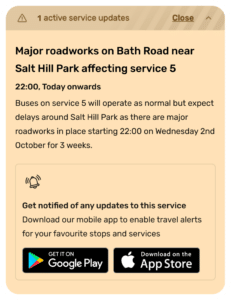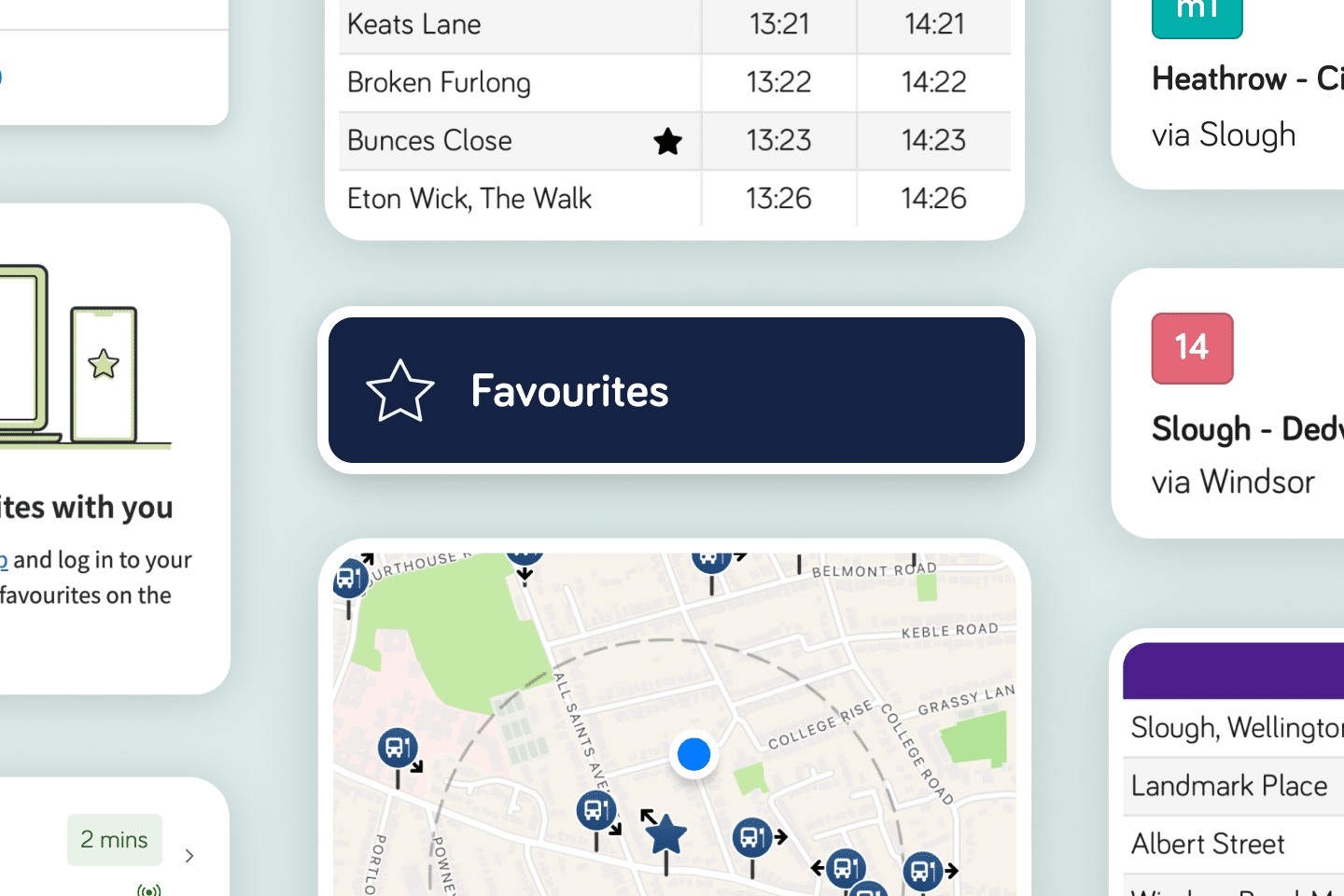The death of social media service disruptions
With the arrival of targeted push notifications, using social media platforms such as X and Facebook to communicate service disruptions will become a thing of the past.
11th Nov 2024


For a long time, social media has been a low-cost way for operators to communicate last-minute changes to their services. Posting updates to followers has been the easiest way for operators to get information out to their customers en-masse. This type of proactive broadcast has greatly reduced the calls and emails their customer service teams need to handle when something unexpected happens on the network.
But for all the good, the approach isn’t without its problems.
As most operators know, their feed quickly becomes a firehose of bad news, filled with updates about cancelled journeys, vehicle problems, diversions, stop closures — the list goes on. Whilst comparatively low in the context of the many million daily bus journeys, this feed can make it look like everything that can go wrong has gone wrong. The unintended consequence is a perception of public transport’s unreliability, which is offputting for existing and future customers.
Any positive content is quickly and routinely drowned out by what is happening in the real world, often only impacting a few customers. But in full view of everyone.
Daniel Atkinson, Head of Marketing and Commerical at Blackpool Transport Services, comments, “Our social media channels are viewed by hundreds of thousands of people each year, and very much present a shop window to not only commuters and businesses but holidaymakers and visitors all year round”.
“We understand that presenting customers with a list of disruptions or cancellations that may not even be relevant to them could be offputting, and may prompt customers to need to contact us for more information. We are consciously shifting our strategy to help our social media support positive messaging first and foremost, but also to ensure that customers are getting the most relevant information to their needs.”
Passenger’s Personalised Travel Alerts are the perfect antidote. Already rolled out across the UK, the solution uses app push notifications based on a customer’s settings to determine relevancy. This targeted approach ensures that communications help customers stay informed without feeling overwhelmed by unnecessary updates.
Daniel continues, “The timely release of Personalised Travel Alerts onto our highly rated app from the Passenger stable complements this strategy. It allows us to send targeted push notifications based on customers’ favourite timetables or bus stops, rather than continuing to employ a broad brush approach via social media.”
“We are excited to be one of the first operators in the UK to use this powerful new capability and look forward to it supporting our ambitions in this area.”

Communication is key to building trust, especially when things don’t go as planned. By shifting this to a more proactive approach, with timely, relevant updates, customers are empowered with the information they need to make informed decisions about their travel. This increased transparency helps build confidence in the network’s reliability and encourages customers to use the bus more often — an essential element in reducing car dependency.
Importantly, it allows operators to create and promote great content through its social channels that will attract new customers without the negative constraints of a feed full of bad news.
Get in touch to find out more about how Passenger’s tools communicate changes on a bus network to customers.

Newsletter
We care about protecting your data. Here’s our Privacy Policy.
Related news

21st Oct 2024
Passenger launches personalised travel alert app notifications
The powerful new capability is designed to keep customers informed about the changes that matter most to them, reducing operational costs significantly, as they are less likely to contact customer service teams.

8th Aug 2024
How app favourites personalise the Passenger experience
Favourites launched as an initial release in 2016. Today, more than eight years of iteration combine to deliver a personalisation capability that ‘just works’ for hundreds of thousands of users every day.

Start your journey with Passenger
If you want to learn more, request a demo or talk to someone who can help you take the next step forwards, just drop us a line.